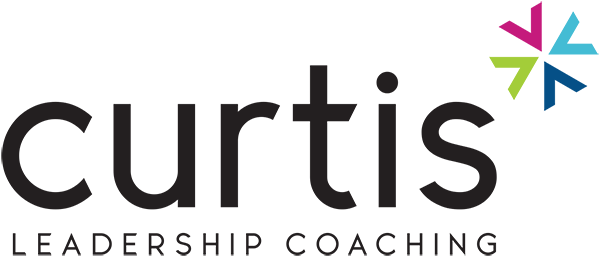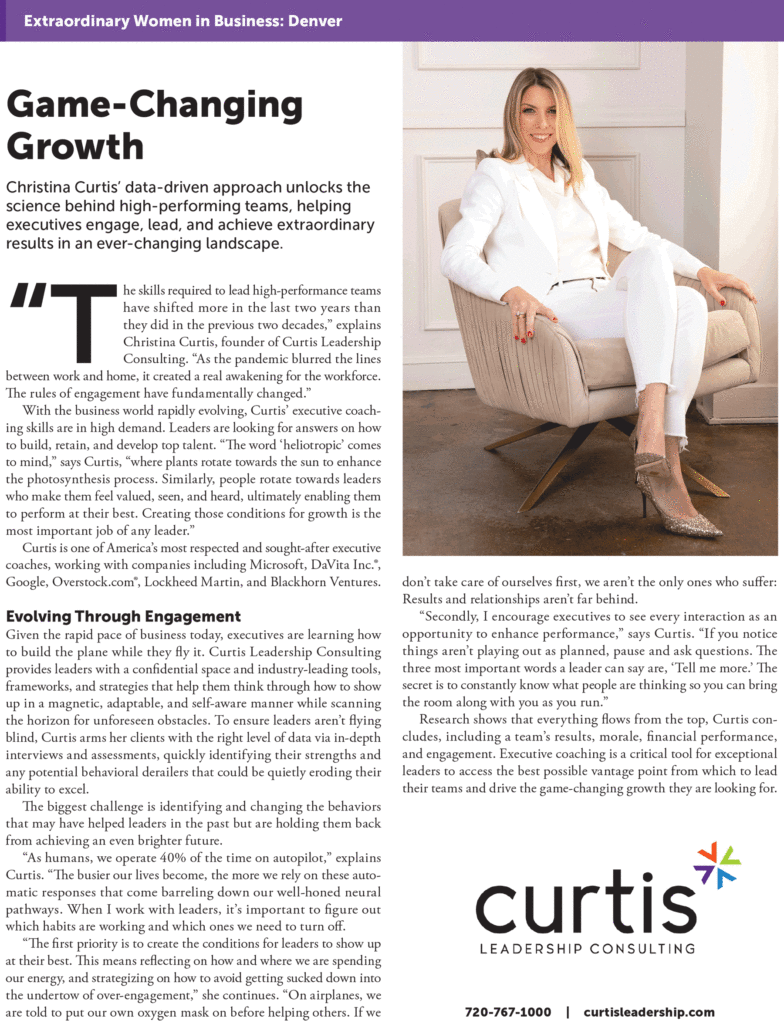As Seen in: Fortune & Entrepreneur
-
Interview

Like this article?
Share on Facebook
Share on Twitter
Share on LinkedIn
Share via Email


